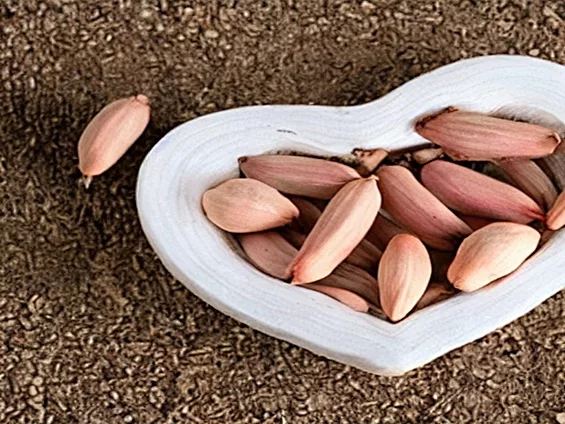Romantic love is a complex and multifaceted emotion that involves a variety of physiological and psychological processes. Hormones play a significant role in shaping and influencing the different stages of romantic love, from initial attraction to attachment and long-term commitment. This detailed description explores the hormonal changes that occur during these stages, shedding light on the science behind the emotions we associate with love.
1. Initial Attraction:
- Dopamine: Often referred to as the “feel-good” hormone, dopamine is a key player during the initial stages of romantic attraction. When we meet someone who piques our interest, dopamine levels surge, creating feelings of pleasure and excitement. It’s responsible for that heady, euphoric sensation often described as the “honeymoon phase.”
- Norepinephrine: This hormone is associated with the body’s stress response and is also elevated during the early stages of love. It contributes to the racing heart, sweaty palms, and the feeling of “butterflies in the stomach” when we’re around someone we’re attracted to.
- Serotonin: Paradoxically, the initial stages of romantic love are marked by reduced serotonin levels. This reduction is linked to obsessive thinking about the object of our affection, a phenomenon commonly known as “love obsession.”
2. Attachment:
- Oxytocin: Often called the “love hormone” or “cuddle hormone,” oxytocin is a crucial player in forging emotional bonds. It is released in large quantities during physical intimacy, such as hugging, kissing, or sexual activity. Oxytocin fosters trust, bonding, and a deep sense of attachment between partners.
- Vasopressin: This hormone, similar to oxytocin, is involved in attachment and social bonding. It contributes to feelings of possessiveness and a desire for exclusivity in a romantic relationship.
3. Long-Term Commitment:
- Prolactin: Sometimes known as the “satisfaction hormone,” prolactin increases after sexual climax. It is thought to promote feelings of contentment and relaxation, contributing to the emotional bonding that characterizes long-term relationships.
- Endorphins: Often associated with pain relief, endorphins can also be triggered by love. In the context of romantic love, endorphins create a sense of euphoria and happiness when spending time with a loved one. This feeling reinforces the commitment to the relationship.
Understanding the role of hormones in romantic love sheds light on the biological underpinnings of our emotions and behaviors. These hormonal changes influence the way we perceive our partners and the depth of our emotional connection. However, it’s important to note that while hormones play a crucial role, love is a complex interplay of physiological, psychological, and social factors. These factors together contribute to the profound and transformative experience of romantic love











